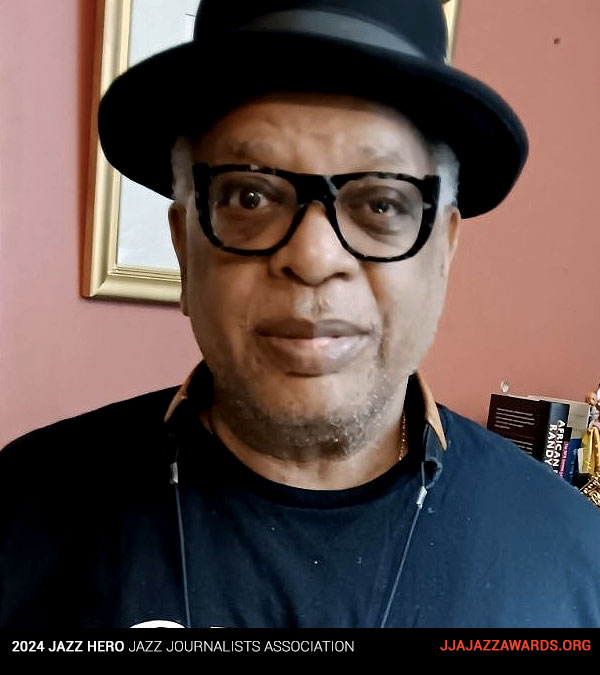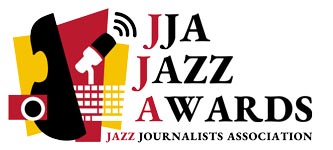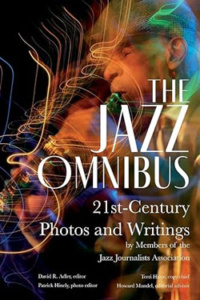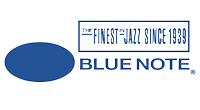Harlem Jazz Hero

Jazz Hero Bill Saxton is a true New Yorker, born in Harlem Hospital and raised in the community of Harlem. He attended New York City public schools, taking up the clarinet at Frederick Douglass Junior High School after missing out on getting a saxophone — the instrument with which he’s made his name. He has since composed over 80 compositions such as “Beneath the Surface,” “One for Booker” and “Priorities,” has performed (mostly on tenor) with an array of outstanding musicians, and has been a member of large ensembles including Frank Foster’s Loud Minority, Clark Terry’s Big Bad Band and most recently the Charles Tolliver Big Band.
When not on tour, Saxton is found at his club Bill’s Place Harlem, at 148 W. 133rd Street. A small room in a narrow brownstone that serves up music but is otherwise BYOB, Bill’s Place is the only surviving original speakeasy located on the avenue called Swing Street and Jungle Alley during Prohibition. Billie Holiday performed here, Willie “the Lion” Smith led the house band, regulars included Langston Hughes, Duke Ellington, Fats Waller and Jackie “Moms” Mabley. Saxton sustains the tradition on Friday and Saturday nights leading the Bill Saxton Harlem All-Stars through 7 p.m. and 9 p.m. sets. His Place is usually sold out, standing room only, without paid advertising, strictly through word-of mouth.
Don’t look for major names on the bandstand, but don’t be surprised if they show up, or if those playing become famous later. Saxton has made it a habit of mentoring young aspiring musicians such as Camille Thurman, Camille Gainer Jones and Lakecia Benjamin, and hiring students for his group. “For the last 17 years, I have practiced hiring young musicians,” he’s said. “It gives them experience on the bandstand, which helps perfect their stage presence. When I was coming up, musicians like Jackie McLean and Clark Terry allowed us young cats to sit in, plus there were a lot of clubs that offered jam sessions with the older guys.”
Saxton’s lessons haven’t all come as easily. An unfortunate incident led him to spend a few years in a New York State penal institution. “I never shy away from talking about the fact that I was incarcerated,” Bill told me. “I’ve found sharing my experience in jail has helped young men realize their life isn’t over and they can still become productive, positive citizens and pursue their goals. If it wasn’t for my being incarcerated, I wouldn’t be where I am today.”
While in state custody, Saxton earned his GED diploma. He met some musical inmates who had a band and joining it, learned scales and how to practice. Following his release he was accepted into New England Conservatory where he studied classical saxophone, composition and arrangement. After three years, he left school to join Mongo Santamaria and Tito Puente, but he later returned to graduate.
Saxton has been honored by the White House, the National Jazz Museum of Harlem and the New York Public Library for the Performing Arts at Lincoln Center. He has toured under U.S. State Department auspices in West Africa and as a leader in Europe, Japan and the Caribbean. He opened Bill’s Place with his wife, author Theda Palmer Saxton, in memory of Harlem’s early jazz scene as well as the ongoing struggles of Black people dealing with inequality and segregation — problems that remain relevant to this day. The art of great music continues to be a true catalyst, capturing the attention of the masses. Bill Saxton is a Jazz Hero, keeping it happening and real.
— Ronald E. Scott
Amsterdam News















